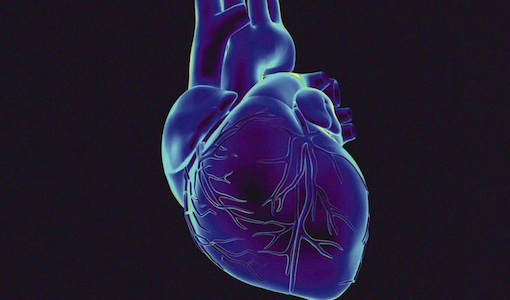
image credit- getty images
While in Geneva to advance Australia’s interests at the World Health Organization’s (WHO) World Health Assembly, the Minister for Health and Aged Care, Mark Butler, has announced that Australia will invest $5 million over the next four years to help prevent rheumatic heart disease across the Pacific.
Minister Butler made the announcement at an assembly side event jointly convened by the World Heart Federation (WHF) and Australia’s National Heart Foundation, with the support of the National Aboriginal Community Controlled Health Organisation (NACCHO) and Telethon Kids Institute.
Rheumatic heart disease is one of the most common forms of preventable heart disease in the region. It is caused by damage to heart valves caused by rheumatic fever, can be difficult to diagnose, and treatment is not always available.
To tackle this problem, Australia is supporting a new partnership between the University of Western Australia, Telethon Kids Institute, Pacific governments and experts.
The partnership will work with governments and health partners in Vanuatu and Solomon Islands to prevent and control rheumatic heart disease.
It will also establish a new Knowledge Hub for rheumatic heart disease in Fiji. The hub will draw on expertise from across the region, to collect, house and share technical advice and resources to help combat the condition across the Pacific.
Drawing on Australia’s experience, the partnership will collaborate with Champions4Change, an advocacy and leadership programme for Aboriginal and Torres Islander peoples with lived experience of rheumatic heart disease, to share their valuable expertise with the Pacific.
This partnership is funded through the Australian Government’s $620 million Partnerships for a Healthy Region initiative which supports countries in the Pacific and Southeast Asia to build resilient, equitable and inclusive health systems.




